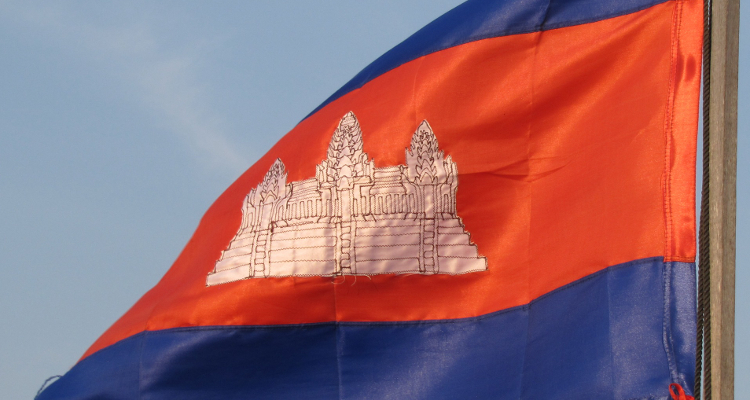Facing a rise in the popularity of illegal online gambling among locals, the government of Cambodia has reportedly announced that it is planning to establish a central computer server specifically designed to manage and control all such activities taking place in the south-east Asian nation.
According to a report from Khmer Times newspaper, any form of wagering that does not happen inside one of the nation’s 65 licensed betting enterprises is illegal while September saw the country’s Interior Ministry and Finance Ministry issue a joint statement explaining that they were hoping to crack down on all forms of online gambling.
“We have currently been observing a rise in online gaming,” Ros Phearun, a Deputy Director-General with the Finance Ministry, told the newspaper. “We found that they operate in different ways by selling a code or scratch code by using smartphones. We don’t allow such betting because it is hard to manage and it is not in the system. By law, we don’t allow online gaming [except for] licensed casinos and we also don’t allow local people to gamble.”
Cambodia has long permitted its licensed casinos to offer online gambling services to those located outside of its borders and the coming computer server would reportedly be similar to that operated by Russia where all wagered funds are funneled through a centralized hub. This would permit officials to monitor specific details such as how much is being wagered and from where the money is coming.
“Right now, we are learning about online gaming from other countries so we can set up a server to manage it,” Phearun told the Khmer Times. “Once we have it, all transactions will come through the system. Even gamblers [using] wire banking.”
The Khmer Times reported that official figures from the Finance Ministry showed that Cambodian tax officials collected $37.4 million from casinos during the first nine months of the year with the NagaWorld Hotel And Entertainment Complex in Phnom Penh accounting for 43% of the total or approximately $16 million.
“I would like to specify that any sort of gambling outside of the casinos is illegal so we urge the local authorities to crack down on it,” Phearun told the newspaper. “At present we have some big foreign companies that are working on servers in the United Kingdom and Spain coming to meet us for more engagement. Of course, we are willing to work on it so we can manage it well and avoid any risks in the future. Now that we are in the process of creating a gaming law, we need to learn more about the development of the gaming industry.”



